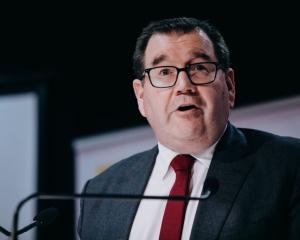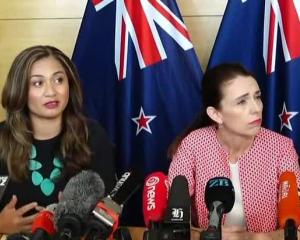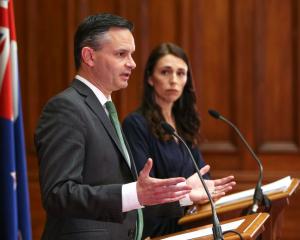
Eileen Goodwin profiles the Invercargill electorate.
Invercargill might have three women representing the city soon, from National, Labour and New Zealand First.

Voters, who have previously elected both Labour and National MPs, are likely to re-elect National's Sarah Dowie for a second term to represent the electorate.
Relying on the list, Labour's Liz Craig would have been a long shot for Parliament just weeks ago, but is a virtual shoo-in unless the party does not make 30%. On current polling its result could be more than 40%.
Dr Craig's decision to move from Dunedin to Invercargill last year to contest the seat paid off, even though she is unlikely to beat Ms Dowie. She has worked hard to build a profile in the city, gaining confidence in the process.
Highly regarded as a child health academic, Dr Craig has given herself a good apprenticeship in practical politics with a long-running community-focused campaign.
At number 12 on her party's list, Ria Bond will be returned unless New Zealand First's vote is hurt by Labour's surge.

She entered Parliament in 2015 when Winston Peters won the Northland by-election. She has strong local links and has made a positive impression.
Any Labour surge in Invercargill could be tempered by Mayor Tim Shadbolt's strong reaction to its tertiary education promise of a year's free study.
Mr Shadbolt claimed the policy would hurt the city's "innovative point of difference'', its free fees scheme through the Southern Institute of Technology.
Dr Craig responded by saying her party's plans would help SIT and Invercargill.
"What we're offering is to pay employers one year's equivalent of unemployment benefit if they take on young people.
"So what we would see is an increase in the demand for training, particularly in the apprenticeships, and I think SIT will really benefit from that,'' Dr Craig told Radio New Zealand.

Labour has not won the party vote in Invercargill since 2005, and Dr Craig will be hoping to make a good dent in that. In 2014, Labour lost the party vote by more than 8000 votes.
Housing, health and jobs are big concerns; uncertainty over the future of the Tiwai Point aluminium smelter remains.
Invercargill is in the catchment area of the troubled Southern District Health Board.
With no commissioner team representative - all three are Dunedin-based - it is more affected than Dunedin by the sacking of board members in 2015.
Of the country's 71 electorates, Invercargill has the highest proportion of New Zealand-born residents, 85.7% (NZ: 70.3%).
Residents are more likely to have no qualification (26.6%; NZ: 18.6%), the second-highest rate in the country. Residents tend to be older and more likely to identify as Christian than the national averages.













